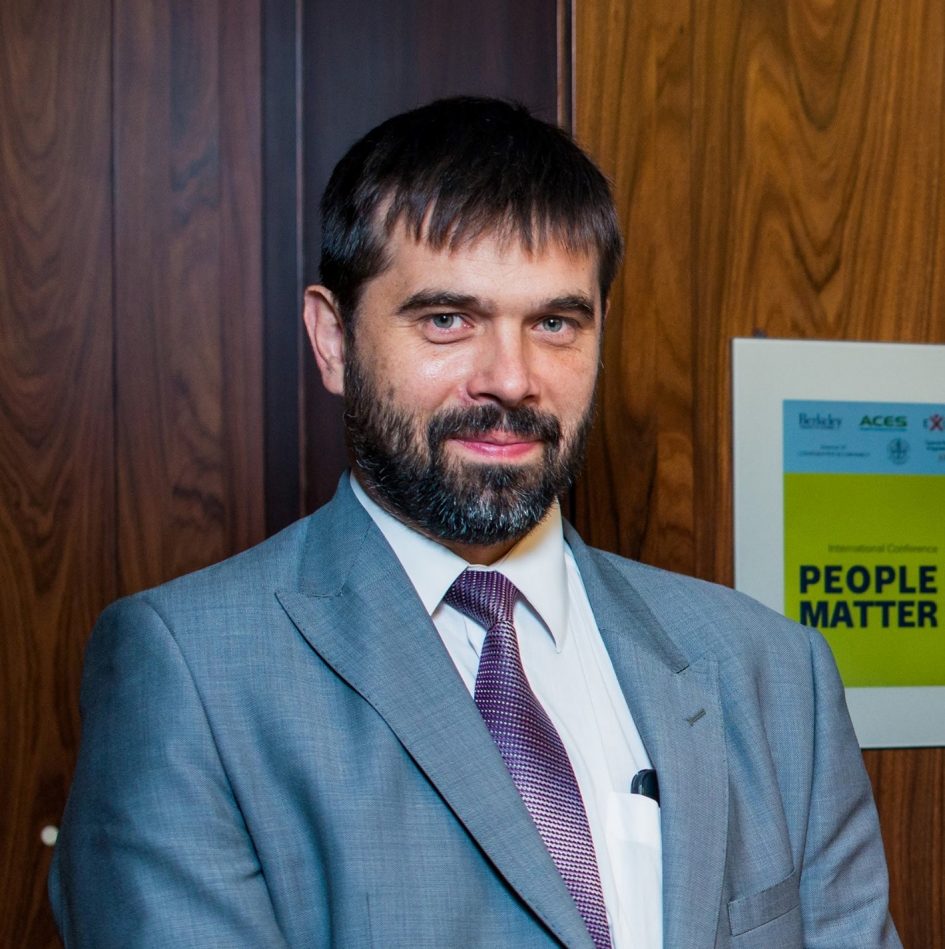This case study by DMU’s Denys Nizalov looks at how the UN Sustainable Development Goals are addressed through teaching on European Economics…
Through what course are you teaching about sustainability?
‘European Economic Issues’, which is a 2nd year elective module within the following DMU programmes: BA Economics; BSc Economics; Accounting and Economics; Economics and Finance; Law and Economics; Business Management and Economics; Economics and Politics; Economics and International relations. Approximately 80 students take the course each year.
What does the course address?
This module builds on the basic principles of economic analysis developed by students in the first year, by applying these principles to the study of economic issues that are of particular relevance in Europe.
Students learn how broad micro and macroeconomic concepts can be used to explain and understand the issues faced by European economies. In particular there is an emphasis on understanding the economic rationale for European integration, with both the benefits and the costs being analysed in depth. All of the topics that are analysed in this module are linked to contemporary events, and there is an expectation that students can use the knowledge from this course to improve their understanding of the current issues surrounding Europe and the EU.
The main topics covered include:
- Trade economics: comparative advantage and an analysis of free trade
- The Common agricultural policy (CAP)
- Factor market integration: capital flows and migration
- Monetary issues: Exchange rates, the Euro and Optimal Currency Areas
- Economic Geography, regional policy and integration.
Economic development and progress against the UN Sustainable Development Goals (SDGs) plays an important role in this module. Students learn how the above EU policies contribute to the wellbeing of people in Europe.
What are you doing to make sustainable development issues part of this course?
There are a range of activities which help students to understand better what the sustainable development is.
First, we discuss how the Euro-integration process and EU policies affect a range of development outcomes captured by the Sustainable Development Goals (SDGs). Second, students apply this knowledge to the cases of different European countries. Each student is assigned with a specific case and has to analyse, what the country position is in terms of SDG indicators.
Students also identify the priorities for economic development of each country by focusing on the SDGs: according to which indicators the country is behind other European countries or where the country performance is weaker in comparison to country’s other SDG indicators. Students present the results of this analysis as a part of their final assessment for the module.
How does this teaching and learning activity relate to your research and your professional background?
I am working in the field of economic development for more than 20 years. I helped to analyse and improve effectiveness of development policies in the US and several other countries, was involved in design and implementation of the land reform in Ukraine and was involved in design of the land related SDGs when I was working for the World Bank.
Currently, I advise the methodology development and global data collection by Prindex project, which measures countries performance in terms of SDG 1.4.2 – security of land related property rights.
How do students benefit from having this focus on sustainability within their course?
For many students it comes as a surprise that economic development issues are relevant not only to some distant developing countries but also to the countries in Europe, including the UK.
This module helps students to look through the lenses of SDG on how government policies can improve life of people around them – why regional policies are important, why international trade is important and how financial stability improves life around them.

Leave a Reply